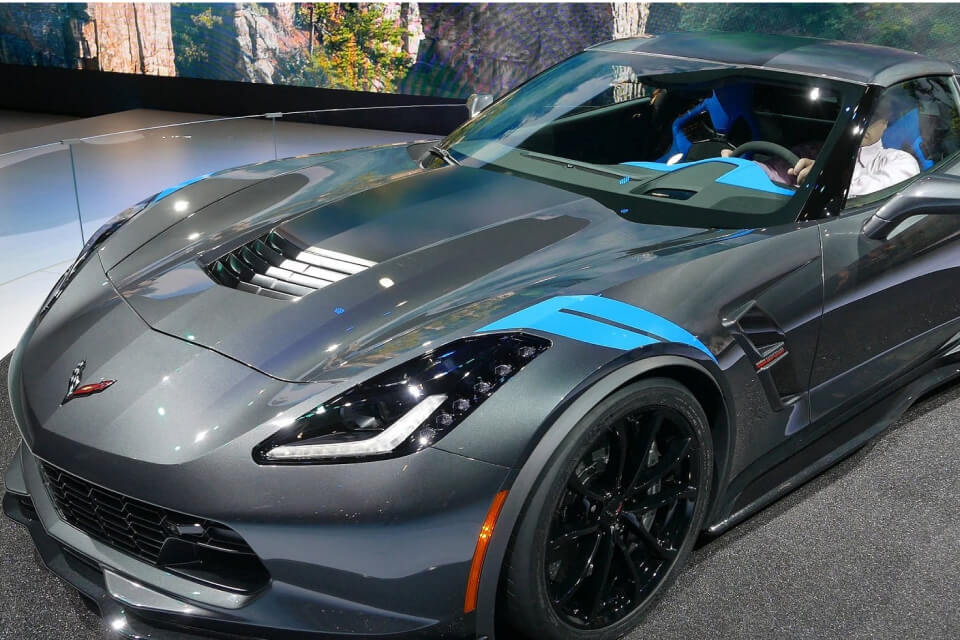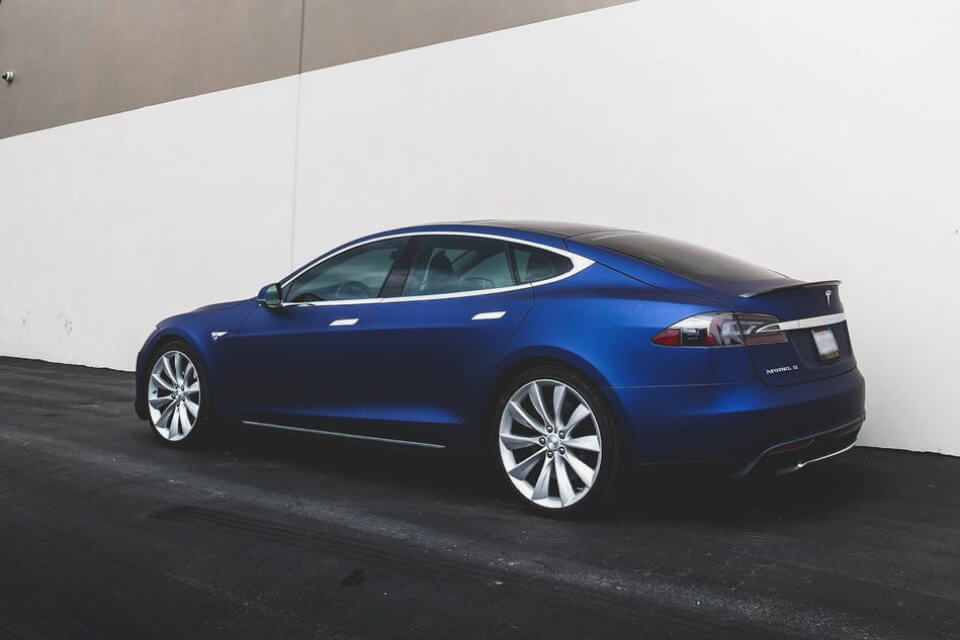The impact of electric vehicles on the auto industry is undeniable. With the rising concerns about climate change and the need for sustainable transportation, electric vehicles have become a significant focus for automobile manufacturers. The shift towards electric vehicles has prompted changes in the way traditional automakers operate, from investing in new technologies to developing electric vehicle models to meet consumer demand. This transition has also led to a new competitive landscape within the auto industry, as companies strive to establish themselves as leaders in the electric vehicle market.
As electric vehicles continue to gain popularity, there is a growing curiosity about their long-term effects on the auto industry. One of the most intriguing aspects is the potential disruption of the traditional supply chain, as electric vehicles require different components and materials compared to internal combustion engine vehicles. Additionally, the impact of electric vehicles on the job market and the skills required for manufacturing and servicing these vehicles is a topic of interest. Furthermore, the development of infrastructure to support electric vehicles, such as charging stations and battery recycling facilities, is a crucial factor that will shape the future of the auto industry.
The Rise of Electric Vehicles
Electric vehicles (EVs) have been gaining popularity in recent years as a more sustainable and environmentally friendly alternative to traditional internal combustion engine vehicles. With advancements in battery technology and the push for reducing carbon emissions, many major automakers have been investing heavily in the development and production of electric vehicles. This shift towards electric vehicles is not only driven by environmental concerns, but also by the potential cost savings for consumers in the long run, as EVs typically have lower operating and maintenance costs compared to traditional vehicles.
Furthermore, the increasing availability of charging infrastructure and government incentives for electric vehicle adoption have been contributing to the growing market share of EVs. As a result, the auto industry has been experiencing a significant transformation, with electric vehicles playing a pivotal role in shaping the future of transportation.
Challenges and Opportunities for the Auto Industry
While the rise of electric vehicles presents opportunities for the auto industry, it also brings about a set of challenges. Automakers are faced with the task of retooling their production lines and investing in new technologies to meet the growing demand for electric vehicles. This shift may require significant capital investment and restructuring of manufacturing processes, posing a challenge for traditional automakers.
On the other hand, the shift towards electric vehicles also presents opportunities for innovation and market growth. Automakers have the chance to differentiate themselves in the EV market through technological advancements, such as longer battery life, faster charging times, and enhanced connectivity features. Additionally, the development of new supply chains and partnerships for sourcing sustainable materials and components for electric vehicles opens up new avenues for collaboration and business growth within the industry.
The Impact on Supply Chain and Manufacturing
The transition to electric vehicles has significant implications for the supply chain and manufacturing processes in the auto industry. Traditional automakers are reevaluating their supply chain strategies to incorporate suppliers of electric vehicle components, such as batteries, electric motors, and power electronics. This shift requires a reconfiguration of the supply chain to ensure a stable and efficient flow of these new components.
Moreover, the manufacturing processes for electric vehicles differ from those of traditional vehicles, requiring specialized equipment and expertise. As a result, the auto industry is witnessing a transformation in manufacturing practices, with a focus on developing the necessary infrastructure and workforce capabilities to support the production of electric vehicles at scale.
Consumer Adoption and Behavior Shift
The increasing availability and variety of electric vehicle models in the market have been influencing consumer adoption and driving a shift in consumer behavior. As consumers become more aware of the environmental impact of traditional vehicles, there is a growing preference for electric vehicles as a more sustainable transportation option. Additionally, factors such as government incentives, fuel cost savings, and the convenience of charging infrastructure contribute to the changing consumer behavior towards electric vehicle adoption.
Furthermore, the advancements in electric vehicle technology, such as longer driving ranges and faster charging capabilities, are addressing the concerns of range anxiety and charging accessibility, further encouraging consumer adoption. As a result, automakers are adjusting their marketing and sales strategies to cater to the evolving preferences and behaviors of consumers in the electric vehicle market.
Impact on Traditional Dealerships and Sales Models
The rise of electric vehicles is reshaping the traditional dealership model and sales strategies within the auto industry. With the direct-to-consumer sales model gaining traction in the electric vehicle market, traditional dealerships are facing the need to adapt their business models to accommodate the changing landscape. Automakers are exploring new ways of selling electric vehicles, such as online sales platforms and experience centers, to meet the evolving consumer preferences for a seamless and digital car-buying experience.
Additionally, the maintenance and servicing requirements for electric vehicles differ from those of traditional vehicles, prompting dealerships to invest in training and infrastructure for servicing electric vehicles. This shift in the sales and aftersales approach not only impacts traditional dealerships but also opens up opportunities for new entrants in the market, such as specialized electric vehicle service providers.
Regulatory and Policy Impact
The increasing focus on reducing carbon emissions and promoting sustainable transportation has led to the implementation of regulatory measures and policies that directly impact the auto industry. Many governments around the world are offering incentives and subsidies for electric vehicle purchases, as well as setting targets for phasing out internal combustion engine vehicles in favor of electric vehicles. These regulatory changes are driving automakers to accelerate their electric vehicle production and innovation efforts to comply with the evolving standards and regulations.
Furthermore, the push for sustainable manufacturing practices and the use of recycled materials in electric vehicles has prompted automakers to align their strategies with the evolving regulatory landscape. This shift towards sustainability not only impacts the production processes but also influences the overall brand image and market positioning of automakers in the eyes of environmentally conscious consumers.
Technological Innovation and R&D Investments
The development of electric vehicles has spurred significant technological innovation and research and development (R&D) investments within the auto industry. Automakers are focusing on advancing battery technology, enhancing electric drivetrains, and integrating smart connectivity features to differentiate their electric vehicle offerings in the market. These technological advancements not only improve the performance and efficiency of electric vehicles but also pave the way for future innovations in autonomous driving and vehicle-to-grid capabilities.
Moreover, the shift towards electric vehicles has led to increased collaboration between automakers and technology companies, as well as investments in startups and research institutions working on electric vehicle-related technologies. This collaborative approach fosters a culture of innovation and accelerates the pace of technological advancements within the auto industry, with the potential to influence other sectors beyond transportation.
Global Market Dynamics and Competition
The rise of electric vehicles has reshaped the global market dynamics and intensified competition within the auto industry. With the growing demand for electric vehicles, automakers are expanding their electric vehicle offerings and entering new markets to gain a competitive edge. This shift in market dynamics has led to the emergence of new players in the electric vehicle sector, including startups and technology companies that are disrupting the traditional automotive landscape.
Furthermore, the global push towards electrification has prompted automakers to form strategic partnerships and alliances to share resources and accelerate the development of electric vehicle technologies. The competitive landscape in the auto industry is evolving, with a focus on sustainable mobility solutions and the race to capture market share in the growing electric vehicle market.
| Positive Impacts | Negative Impacts |
|---|---|
| Reduction in greenhouse gas emissions | Challenges in charging infrastructure |
| Decrease in reliance on fossil fuels | Potential job displacement in traditional auto industry |
| Innovation in technology and design | Initial high cost of electric vehicles |
The impact of electric vehicles on the auto industry is multifaceted. While they offer benefits such as reduction in greenhouse gas emissions, decreased reliance on fossil fuels, and innovation in technology and design, there are also challenges in charging infrastructure, potential job displacement in the traditional auto industry, and the initial high cost of electric vehicles. Overall, the widespread adoption of electric vehicles is reshaping the auto industry and driving towards a more sustainable and technologically advanced future.



